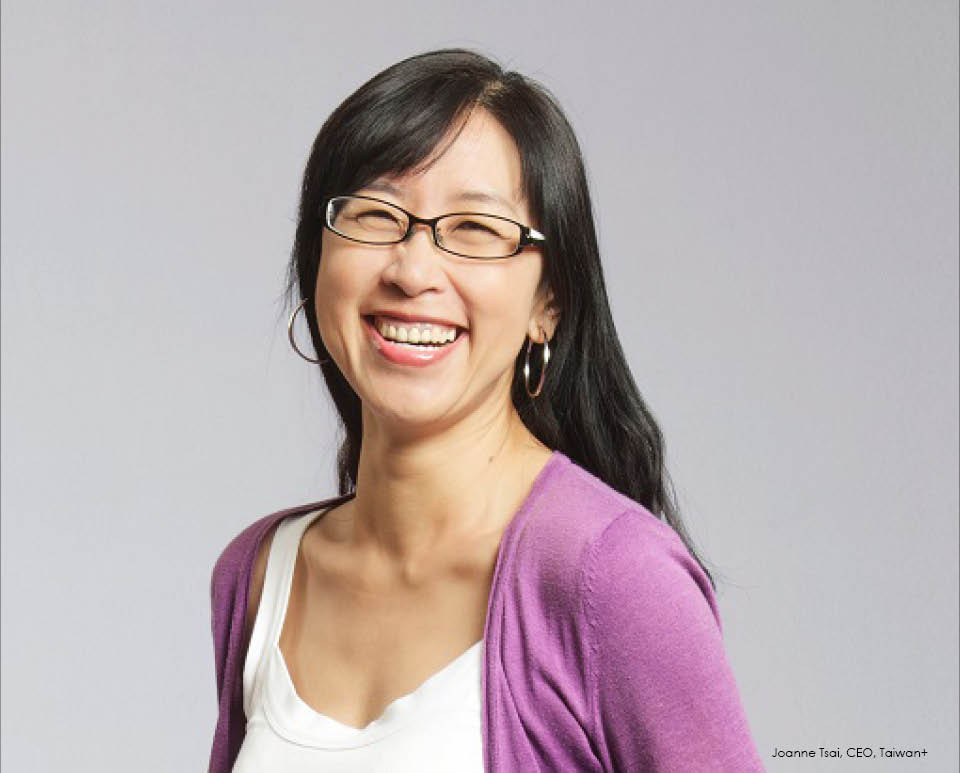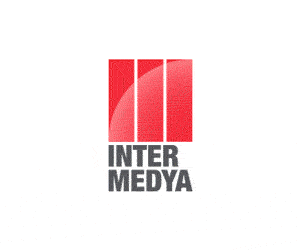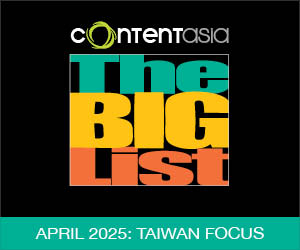
Taiwan’s new government-funded global information and entertainment platform, Taiwan+, went live this week, kicking off a new international era for an island of 23.5 million people.
Speaking at the launch in Taipei, the country’s Legislative Speaker, You Si-kun, said that with China’s intimidation and political oppression against Taiwan, the establishment of Taiwan+ allowed Taiwan to tell its stories to the world.
The platform debuted with international rights to high-end period drama, “SEQALU: Formosa 1867”, made by Public Television Service (PTS) and subtitled in English.
Taiwan+’s news tab featured video stories on Taiwan’s new fighter jet, which is part of the island’s effort to boost its own military capability, and an item highlighting Taiwan’s press freedom in sharp contrast to the increasingly repressive environment in Hong Kong and China. The press freedom piece opened with a focus on outspoken media baron, Jimmy Lai, who has been imprisoned in Hong Kong under the new national security law.
Another news item looked at The Milk Tea Alliance, an online protest movement uniting pro-democracy activists primarily from Hong Kong, Thailand, Taiwan, and Myanmar.
Speaking at the ContentAsia Summit last week, Taiwan+ CEO, Joanne Tsai, said the Taipei-based platform would curate content from Taiwanese and other media companies as well as produce with an in-house team of regional and international journalists.
She also said the platform was open to co-productions with local and international producers.
Taiwan+ has 55 people on staff. This will grow to approx 150 people in the next year and about 300 in two years, Tsai said.
She added that, once the fundamentals were in place, success would be measured by engagement.
“We’re not working for profits,” she said. “We’re working for impact”.
In a video message for the opening, Taiwan’s president Tsai Ing-wen said “Taiwan+ is an exciti...
Taiwan’s new government-funded global information and entertainment platform, Taiwan+, went live this week, kicking off a new international era for an island of 23.5 million people.
Speaking at the launch in Taipei, the country’s Legislative Speaker, You Si-kun, said that with China’s intimidation and political oppression against Taiwan, the establishment of Taiwan+ allowed Taiwan to tell its stories to the world.
The platform debuted with international rights to high-end period drama, “SEQALU: Formosa 1867”, made by Public Television Service (PTS) and subtitled in English.
Taiwan+’s news tab featured video stories on Taiwan’s new fighter jet, which is part of the island’s effort to boost its own military capability, and an item highlighting Taiwan’s press freedom in sharp contrast to the increasingly repressive environment in Hong Kong and China. The press freedom piece opened with a focus on outspoken media baron, Jimmy Lai, who has been imprisoned in Hong Kong under the new national security law.
Another news item looked at The Milk Tea Alliance, an online protest movement uniting pro-democracy activists primarily from Hong Kong, Thailand, Taiwan, and Myanmar.
Speaking at the ContentAsia Summit last week, Taiwan+ CEO, Joanne Tsai, said the Taipei-based platform would curate content from Taiwanese and other media companies as well as produce with an in-house team of regional and international journalists.
She also said the platform was open to co-productions with local and international producers.
Taiwan+ has 55 people on staff. This will grow to approx 150 people in the next year and about 300 in two years, Tsai said.
She added that, once the fundamentals were in place, success would be measured by engagement.
“We’re not working for profits,” she said. “We’re working for impact”.
In a video message for the opening, Taiwan’s president Tsai Ing-wen said “Taiwan+ is an exciting new initiative to tell Taiwan’s story. Generations of Taiwanese fought to transform this country into a vibrant democracy that protects freedom of speech and expression”.
Also at the opening, premier Su Tseng-chang stressed that Taiwan was a democratic and free country guided by the rule of law, and cared about universal values of human rights, freedom of speech and diversity.
























